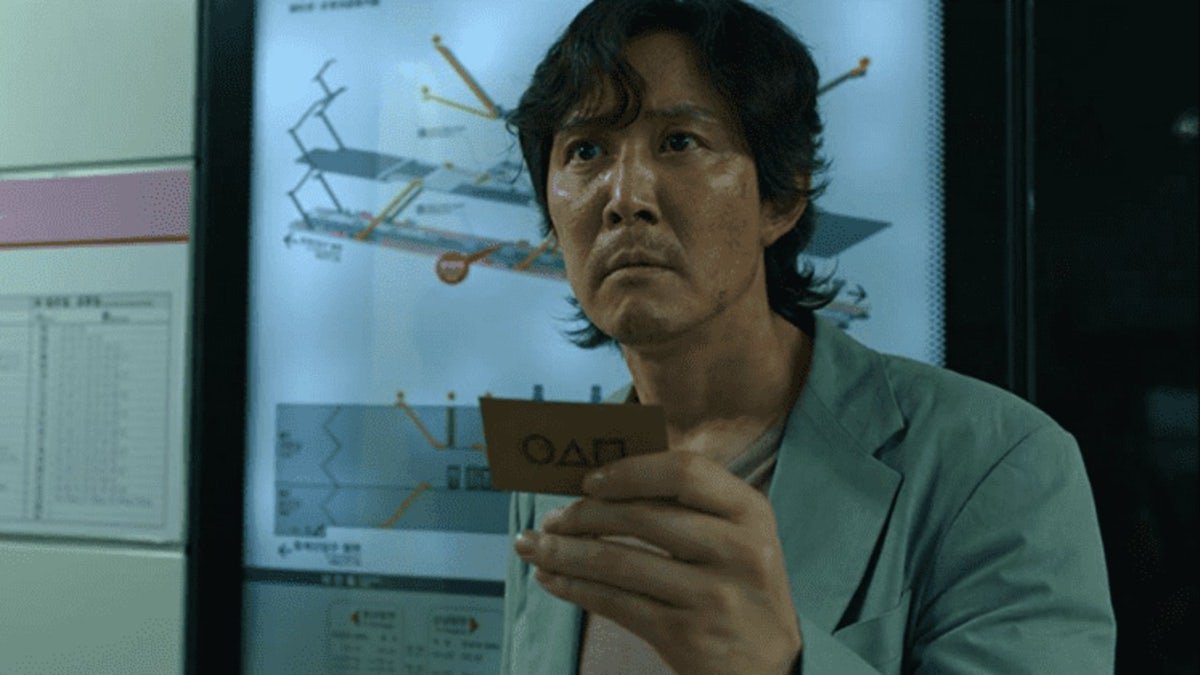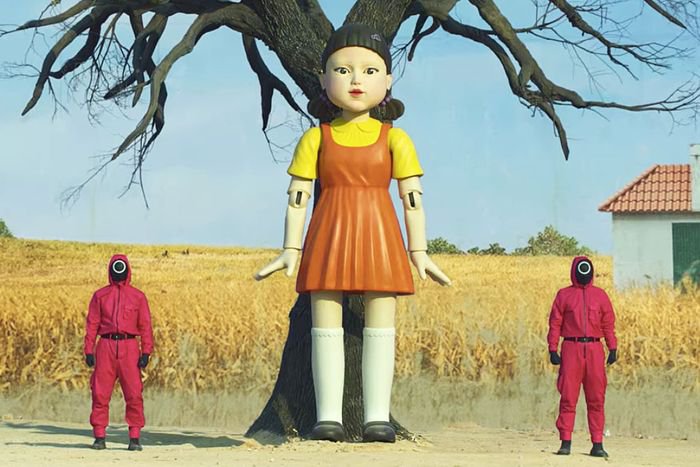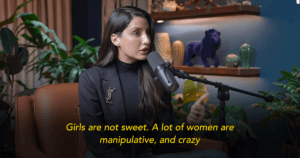Annyeong haseo! This article has spoilers galore, so if you haven’t watched the show, then buzz off!
While the premise is largely a simple one, the overarching purpose of the show is meant to be a scathing attack on hyper-capitalism and its consequences.
The main reason that something as twisted as the Squid Game exists in that universe is due to a gross inequality in the distribution of wealth. The poor languish under insurmountable debt, while the rich find increasingly aberrant ways to stave off boredom.

This environment is the perfect breeding ground for the rich to prey on the poor for entertainment, such as the time you see Seong Gi-hun willing to debase himself by being slapped constantly for a little money.
That’s just the tip of the iceberg however, as you later get a glimpse into the bleak lives of all 456 players of the game. They’ve all got baggage, and that’s putting it lightly. However, the constant highlighting of all the suffering means the show loses the some of the subtle beauty of such an attack on the world’s current economic status.
squid game explores the difficult moral decision and consequence of letting a hot stranger slap you for money pic.twitter.com/1dDkPI1Sbu
— alex (@alex_abads) October 1, 2021
Coming to the plot – there’s a dystopian under-current, similar to a show such as Utopia (the original one) where the indiscriminate killing almost numbs the viewer, and the morality of it all is twisted to such a degree so as to almost seem justified. Almost.
Case in point – the players are given the choice to leave based on a majority vote. They don’t even have any obligation to return. And yet they do return (to a hellscape where death is around every corner), signalling just how corruptible the soul of a desperate individual can be. In that sense, the showrunners did a brilliant job of making us see every character in shades of grey.

The performances were also solid from all involved. On the downside however, some major plot points were supremely predictable. Most of us saw the twist that the Front Man was the cop’s brother Hwang In-ho coming from a mile away. Similarly, Oh Il-nam (player 001) was another character whose character arc was simple to predict.
lee byung-hun as in-ho (the front man) from squid game fancam pic.twitter.com/HJzorxuXGv
— ciri (@soIass) October 2, 2021
Apart from that, another strange decision by the showrunners was to show the pinnacle of excess wealth and gross sadism in the form of an overweight homosexual American man. Perhaps this wasn’t done on purpose, but it came off a little phobic. Either way, he got his testicles squished by Hwang Jun-ho so good riddance, I suppose?
episode 7 of squid game i don’t even care about the murders anymore, why is the lion guy naked
— remus (@citrussaturnal) September 27, 2021
Basically, the parts with the VIPs seemed irritatingly off, and stereotypical. It really wasn’t in line with the rest of the show and definitely broke the flow several times over.
On the whole though, Squid Game is a relentless, brutal assault on the idea of a society where people are inherently good. Sure, that freezing homeless man gets help at the end, but on the other hand, Cho Sang-woo ruthlessly manipulates our beloved Ali, which broke all our hearts.
One definite reason to watch the show is Anupam Tripathi’s role as Ali however. It’s a brilliantly nuanced portrayal of a trusting immigrant fighting for survival, in the outside world as well as in the game.
Ali’s face when he realizes he was betrayed by the person he was closest to 😭😭. I hope they show sangwoo suffering to the very end when he loses because he deserves nothing #SquidGame pic.twitter.com/i0WQVMmDkZ
— veda ✿ (@viewyorker) September 27, 2021
The show pulls no punches (it’s basically a mini-genocide), and is hard to stop watching once you start. It may not be perfect, and it leaves a lot of questions (Hwang Dong-hyuk had no plans for another season), but it’s a punch to the gut that takes the wind out of you. And hey, what doesn’t kill you makes you stronger.

















